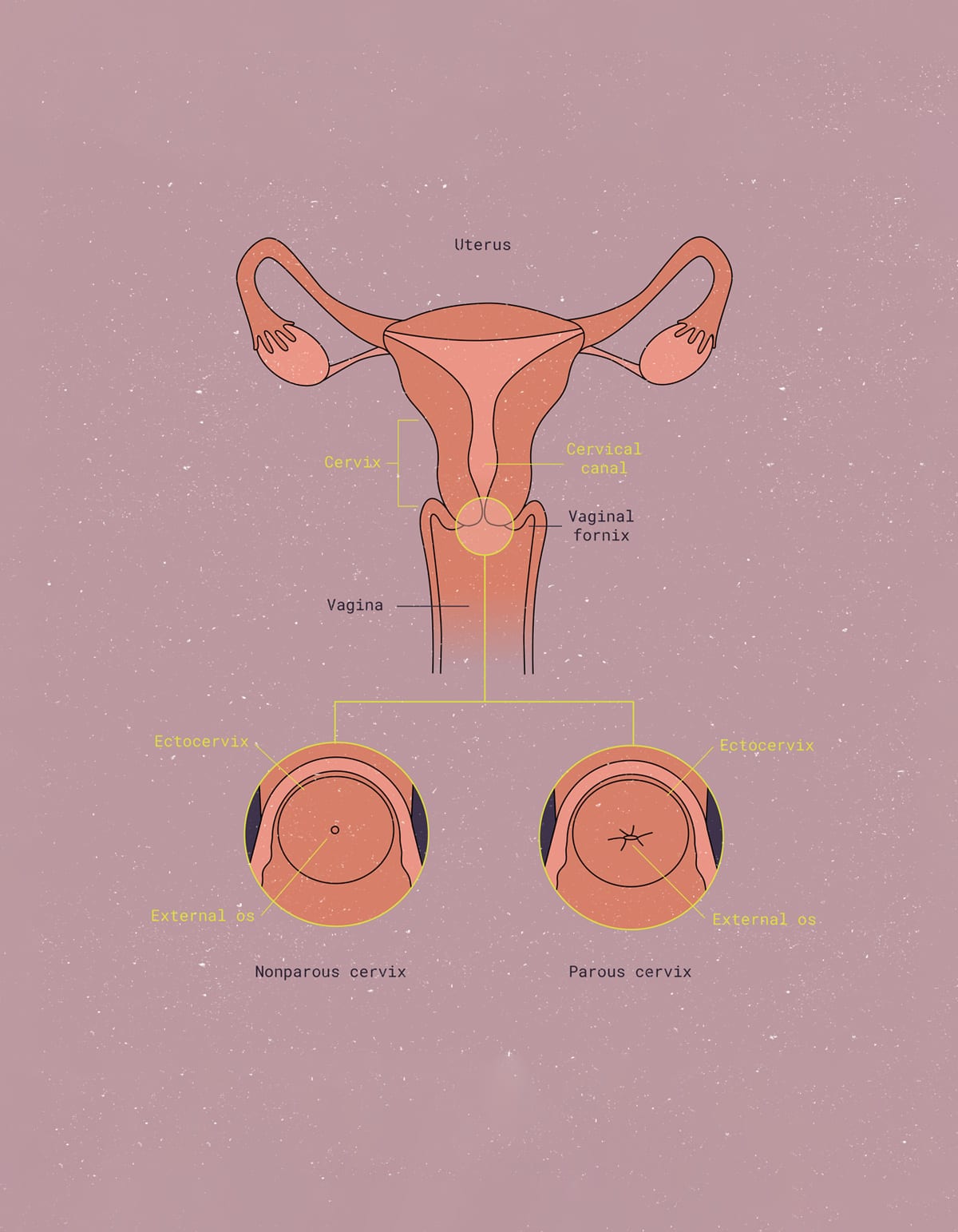Understanding your fertility
It’s about more than just pregnancy—an at-home fertility testing kit can help you learn more about your body, your period, and your overall health.
When you hear the word fertility, you may think of a clinic, IVF treatments, or babies. If these things aren’t on your radar, you might not be interested in thinking about it all that much more. But the reality is, fertility is about more than just babies.
From how many eggs you have now to when you might hit menopause, insights about your hormone production can also tell you about your current health (if your hormones are high or low) and what may lie ahead in your future.
As someone living with a painful, genetically inherited condition, I have some serious thinking to do before I make the decision to carry a pregnancy or explore an alternative. As a 30-year-old woman, I also know that I don’t have infinite time to explore all of my options.
With Modern Fertility’s at-home testing and (most importantly) in-depth resources to help you understand what your test results mean, you can not only plan ahead but also learn more about your body in the present.
While an at-home test won’t provide a diagnosis of any specific condition, or tell you that you’re infertile, it does give you important information you can take with you to your doctor.
We think of hormonal changes as something that happens later in life due to menopause, but there’s more to it than that– hormones are responsible for much more than just reproduction. In fact, they are the messengers that tell our body’s systems how to function.
This graph shows how AMH (Anti-Mullerian Hormone, indicator of ovarian reserve) decreases as we age– and where your results fit in the graph:
The middle violet represents the 25-75th percentile range–meaning that 25% of women had levels above the middle violet and 25% of women had levels below the middle violet.
If there is an imbalance in your hormones, it might be the root cause of experiences like fatigue, sleep disturbances, dysmenorrhea (painful periods) and a myriad of other things. I’m always in favor of learning the cause of any discomfort in your body— even if it’s just the crucial step of ruling something out as a possible cause.
Speaking of discomfort, fertility awareness can often be a sensitive topic to explore, which is why I love Modern Fertility’s approach. Every step of the process feels thoughtful and kind, like the bedside manner of a really good doctor:
There is also a fertility nurse available to answer any questions that you may have about your specific results. If that’s not enough, there’s the opportunity to join an online group of other Modern Fertility users, so you can feel fully supported in this process.
The bottom line? It can be scary to think about your fertility and hormones, but we’re lucky to have tools like Modern Fertility to help alleviate some of that fear. Knowledge is power, and learning more about your body is an act of self-empowerment.
We hope you’ll check out what they’re up to at https://modernfertility.com/flex. BTW, you can use that link to get an automatic $10 off your kit.
This article is informational only and is not offered as medical advice, nor does it substitute for a consultation with your physician. If you have any gynecological/medical concerns or conditions, please consult your physician.
© 2021 The Flex Company. All Rights Reserved.











